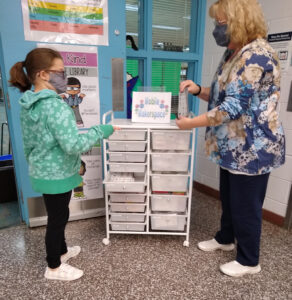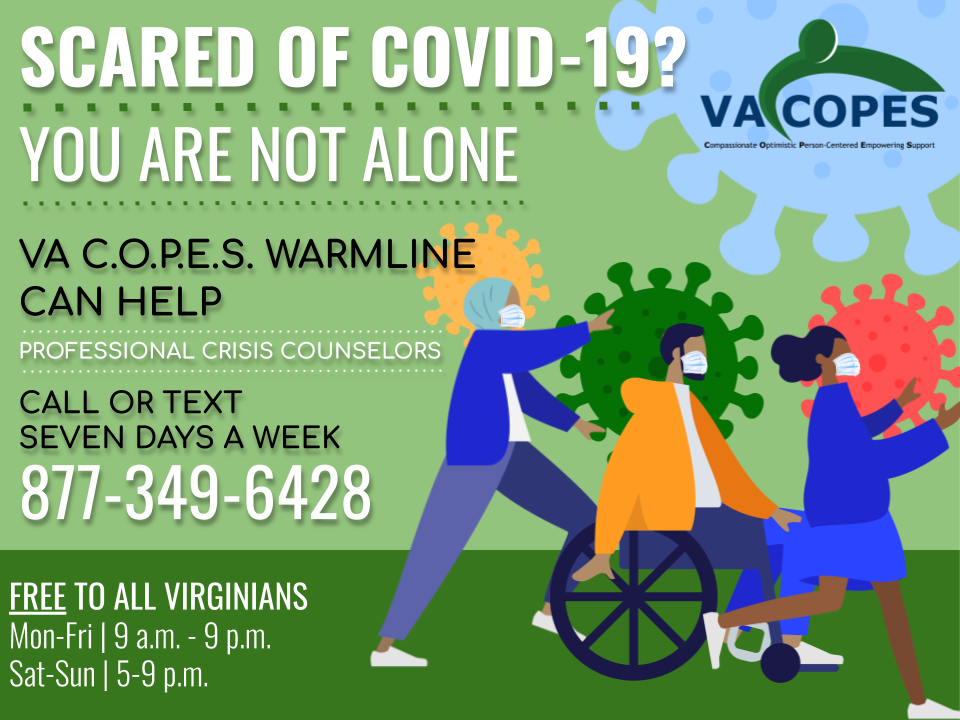Covid. It’s truly amazing how one word, one event, could single-handedly change the face of education across the world in such a short period of time. However, as we are all aware, that is exactly what happened. In the winter of 2020, Instructional Technology Specialists such as myself, were busy leading professional development, attending and participating in collaborations, and modeling effective instructional strategies for the teachers and students in our buildings. Then, in the spring, everything changed. Our normal everyday educational occurrences were changed in ways we never could have imagined.
I cannot say that everything changed in a negative way. I watched as the teachers in my building and across our city, as well as across the country, learned very quickly how to navigate Zoom and Google Meet. There was more participation in professional development in my building than I had seen in the past several years. Teachers immediately jumped on board with PearDeck, PlayPosit, Flipgrid, and so many other programs to engage our virtual learners in ways they never thought they could. It was amazing to experience and be an active participant in this learning experience. It became obvious that our teachers were going to do whatever was necessary to ensure the success of all of our students no matter what was happening in the world around us.
Another thing that changed was my role and the role of the Library Media Specialist especially as we envisioned our shared library space. Over the past three years, we have worked diligently to create an amazing Makerspace program in our library through donations from parents, the community, and several grants we have received. In March 2020, our Makerspace initiative immediately came to a screeching halt. We missed the looks on the children’s faces as they speed walked to the library to use the Dashes and Dots, the Lego sets, the arts and crafts projects, and Merge Cubes. We went from having approximately 750 students a week rotate through the library to a library that was empty. This fall, it was obvious that the students were missing a much-loved piece of their education.
Thanks to the Virginia Beach Education Foundation Grant opportunities, my LMS and I decided to write a grant for a Mobile Makerspace Initiative. We were awarded $1900 to purchase carts and supplies to keep Makerspace alive in our building. We were given another $1800 to purchase a Makey Makey class set for our students to use. If the students couldn’t come to us, we would go to them! We used the funds to purchase things like arts and crafts, build your own planes and boats, Egyptian tombs to do archeological digs, pots and seeds for children to paint and plant amongst many other items. On the carts, we have also included Dashes, coding mice, Merge Cubes and smartphones, and Ozobots that we have received from other grants.
Now, instead of the students coming to us, we can go to them. Our Mobile Makerspace is as flexible as teachers and students need it to be. Teachers can email us about materials that they want to use in their class as they have a list of what was purchased with the grants. They can check out our electronic equipment as long as everything is sanitized appropriately between uses. Teachers can request a variety of the materials and activities to keep in their classroom for their own Makerspace area, or they can have students meet us in the hallway to choose activities to take back to their classrooms during specific times of the day. Additionally, teachers can sign up for us to work with a small group, socially distancing, with our Dashes and Dots and Merge Cubes. They can also request for us to model and instruct on the class set of Makey Makey in small spaced out groups or as a whole class.
We all know that things have changed since the Pandemic began. What I have learned from the pandemic is that our "normal" is now different. In some ways, things will never be the same. Our shared philosophy behind Makerspace was the value we placed on developing students' communication and collaboration skills. With that, my LMS and I followed our own values and adapted to create a new normal, a Mobile Makerspace. A space, mobile and different, but one that still allows students to create and be innovative, skills which all of us have needed over the last year.
Written by Nicole Cabral. Nicole is an Instructional Technology Specialist at Landstown Elementary in Virginia Beach.





